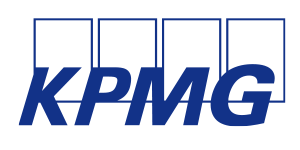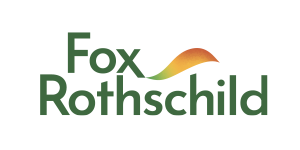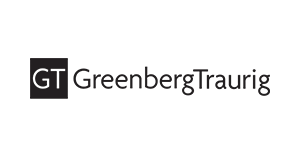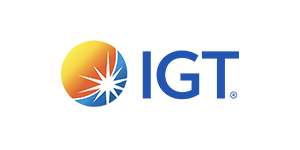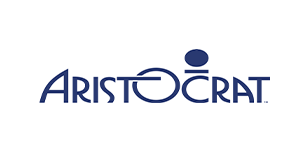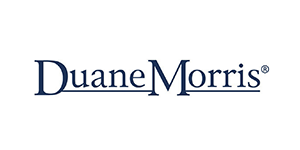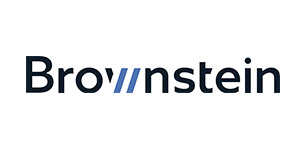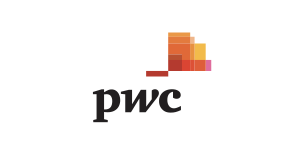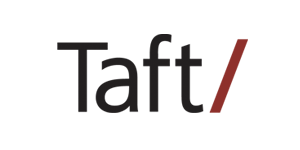- Home
- About IAGA
- Events
- Membership
- Sponsorship
|
Spain: wounds sustained to the industry that might never heal There is no dispute that the Covid-19 crisis has had and, indeed, is still having a huge impact in the whole society. In other words, we could say that this crisis has undoubtedly marked a turning point in us and in many industries, forcing us to adapt our economic system and traditional patterns to this new situation.
Focusing on this juncture, the Spanish Government decreed the State of Alert on March 14 2020 and, after several negotiations between the Spanish Parliament’s Members, the State of Alert had been extended six times (each time for two weeks) until June 21 2020. We deem appropriate to say that, of course among many other sectors, the gambling industry has especially and particularly suffered this crisis. Therefore, to duly analyse the whole picture of the gambling situation, we are going to mention the main points that, in our opinion, led to the current scenario.
Gambling advertising restrictions
One of the most important aspects that must be highlighted should be the restrictions applied on the online gambling advertising. The Spanish Council of Ministers approved a regulation (Royal Decree-Law 11/2020) by which, in general terms, all advertising and promotional activities were prohibited during the State of Alert except for brand/product advertising on TV/Radio/Youtube (or similar video platforms) from 1am to 5am. These restrictions came into effect on April 3 2020 and were revoked prior to the end of the State of Alert (June 11 2020).
The online gambling authority in Spain at federal level -the General Directorate for Gambling Regulation or, by its Spanish acronym, ‘the DGOJ’ - reinforced these measures issuing instructions and guidelines that had to be followed in order to strictly comply with this new exceptional regulation. The non-compliance with this restrictive regulation entailed strict sanctions.
On a separate note, it is also important to bear in mind that, during the State of Alert, a relevant change took place at the DGOJ: the reputable General Director Juan Espinosa was replaced by Mikel Arana, whose main priority is the approval of a Royal Decree on Gambling Advertising, which is now going to be much more restrictive than the previous drafts that were circulated. Indeed, the Spanish Government already sent the draft of said Royal Decree to the European Commission and requested them to conduct this regulation through the urgent procedure and said institution has given green light to such a procedure. Accordingly, this upcoming regulation on gambling advertising is expected to be approved before November this year.
Regarding gambling at regional level, the different autonomous regions are also leading to a general tightening of the gambling advertising in Spain both for online and landbased industry. For instance, the Balearic Parliament is expecting to reach a pact against the increase of compulsive gambling, including, among other measures, the prohibition or limitation, as much as possible within the regional competences, of the advertising of gambling activities and betting.
In our opinion, this general restrictive trend, rather than contributing to a decrease in compulsive gambling, which is supposed to be the rationale behind the application of such restrictions, is leading to the emergence of illegal gambling operators, who have entered the Spanish market taking advantage of the current situation.
Sports betting
As everyone knows, the sports world has been hit hard by the Covid-19 crisis. Thus, most of the worldwide sports competitions and tournaments were suspended due to the Coronavirus pandemic, resulting in a nosedive in the sports betting industry. In addition, given that the 98 per cent of all bets made in Spain are related to sports betting, Spanish gambling operators have been especially hit by this crisis. Accordingly, considering (i) that most of the competitions were suspended; (ii) the online gambling advertising restrictions; and (iii) that the Spanish gambling regulations do not allow betting on virtual events, during March and April 2020, gambling operators have experienced a substantial fall of their sports betting incomes. Finally, it should also be noted that sports betting turned to other events, such as e-sports and competitions that were not suspended, such as the Byelorussian and Australian football leagues.
Landbased betting
As a consequence of the Coronavirus pandemic, around 3,900 landbased gambling premises (casinos, gaming halls and bingo halls) were forced to close, as it was the case of most of the businesses from other sectors, only with the exception of the businesses providing essential products and services. Between June 1 - 15 2020, the Spanish authorities started allowing landbased casinos, gambling halls and bingo halls to reopen its premises with a 50 per cent of their capacity and subject to the strict compliance of hygiene and prevention measures, such as the two metre mandatory distance between clients. Therefore, landbased premises are being adapted and adjusted to the so-called ‘new normality’, so a slow recovery is expected.
POST CV19 OUTLOOK
To sum up, land-based gambling premises and manufacturers of gambling terminals and gambling materials have been heavily damaged, having caused the Covid-19 crisis losses running to millions and a significant loss of direct and indirect employment.
|

